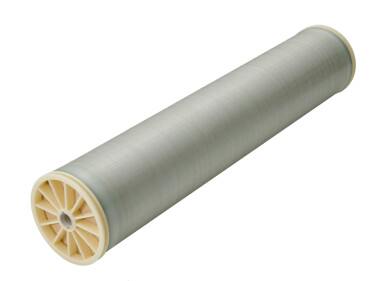Water/Wastewater
Legislations on Wastewater Residue Disposal Spur Adoption of Sludge Treatment Systems Globally
Mar 25 2013
Stringent legislations on wastewater residue disposal have fuelled investments in the global sludge treatment market. Rapid infrastructure development, particularly in developing countries, has resulted in a rise in the number of wastewater treatment plants and heightened sludge production, further providing a large addressable market for sludge treatment systems.
New analysis from Frost & Sullivan (UK), Global Sludge Treatment Systems Market, finds that the market earned revenues of more than $5.35 billion in 2012 and estimates this to reach $8.23 billion in 2018.
Environmental concerns have led countries to establish policies that mandate an increase in the quality and number of treatment facilities for sludge management. These policies, which set the preferred routes of treatment and the acceptable level of contaminants and pathogens, compel the development of sludge treatment systems.
“The emphasis on reusing energy and materials from sludge, which is rich in organic content and minerals, will expand the sludge treatment market globally,” said Frost & Sullivan Energy and Environmental Industry Manager Suba Arunkumar. “Sludge’s application in agriculture as a replacement or addition to fertiliser and its uses in land reclamation, forestry, horticulture and landscaping will encourage treatment equipment adoption.”
Although untapped growth potential is high in the Asia-Pacific and Africa, the lack of clear management plans and protocols hinders the large-scale setting up of treatment facilities. The significant capital costs of these facilities add to the challenge.
Therefore, instituting practical sludge management alternatives is crucial for global market growth. Regulatory bodies must create technology policies to drive the development of advanced treatment and disposal systems that comply with the mandatory limits on sludge constituents and have minimal impact on the environment and public health.
“The trend towards smart technologies will accelerate automation and the integration of sludge treatment with various processes and functions,” noted Arunkumar. “The focus on carbon footprint and value recovery from sludge will lead to innovation in green solutions and offer opportunities for allied industries related to energy efficiency and on-site generation.”
While thickening and dewatering are the most widely used technologies globally, other techniques such as drying and anaerobic digestion are set to gain acceptance.
Events
Carrefour des Gestions Locales de L'eau
Jan 22 2025 Rennes, France
Jan 29 2025 Tokyo, Japan
Feb 05 2025 Nantes, France
Feb 16 2025 Kampala, Uganda
Feb 26 2025 Chennai, India




-as-feedstock.jpg)





